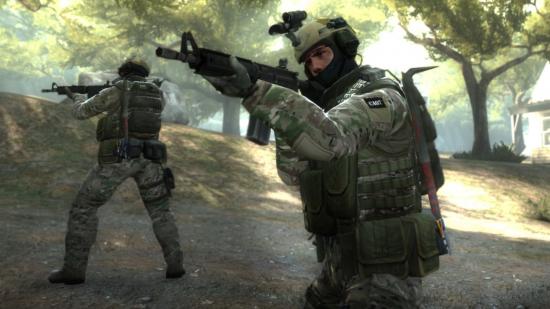February 28, 2020 There will now be no on-site attendance for the event.
While the spread of coronavirus has meant various esports events around the world have been cancelled, the Counter-Strike: Global Offensive Intel Extreme Masters (IEM) in Katowice, Poland were expected to go ahead with the addition of screening, extra medical staff, and other measures. However, the event has now been closed to the public.
As reported by our sister site The Loadout, the compulsory IEM Katowice coronavirus checks were to include “temperature checks for every guest entering [the] tournament at entryways” as well as “extra medical staff, first aid patrols, and additional hygiene stations for all visitors”.
However, the ESL has now announced on the event’s site: “It breaks our heart that, [February 27] at 19:45 CET we were informed that, due to the dynamic changes in the global health situation, the Masters Championship at IEM Katowice 2020 has been closed to the public by the Polish Gouverneur of Silesia hours before its door opening.”
The ESL says it “respect[s] the decision from the local authorities”, adding: “Your health and well-being stand above everything else.” The tournament itself will still go ahead and be broadcast “on online and TV channels”, but the Spodek Arena won’t be open for attendees.
The statement also informs fans: “You will be able to request a refund for your ticket”, and that its team is “currently working on the refund method”. The ESL says it’ll be posting information on how to claim a refund to this page “in the next few days.”
The World Health Organisation has published advice for the public on the outbreak of the coronavirus which you can find here.
According to the WHO’s latest situation report, the recent outbreak of the virus has affected more than 80,000 people and resulted in the deaths of nearly 3,000.
